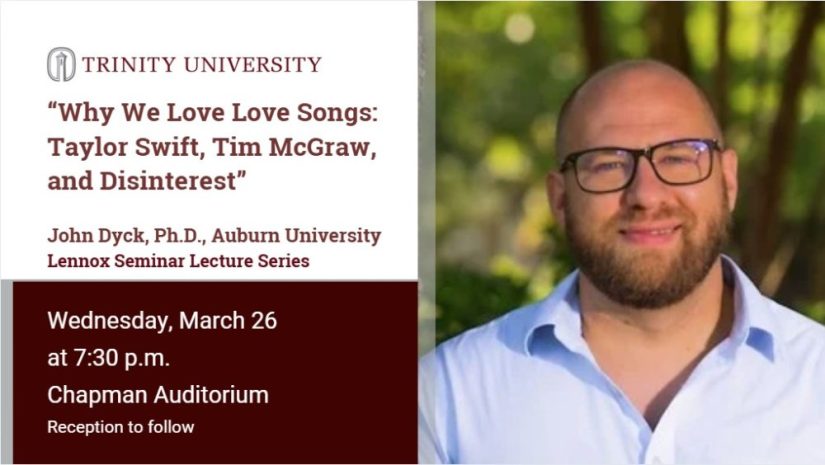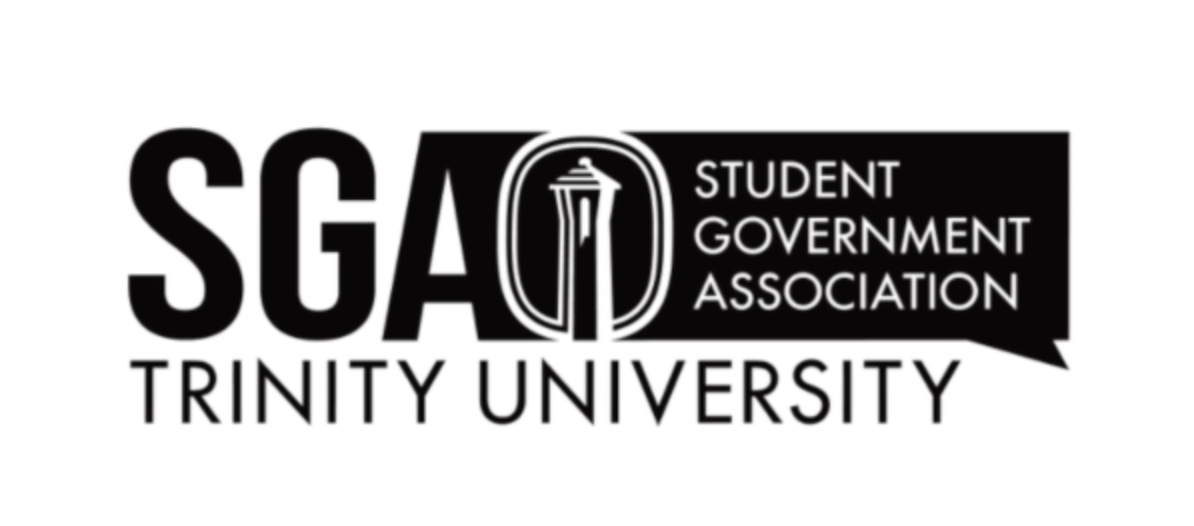With universities like Dartmouth and Yale announcing their renewed requirement for standardized testing in fall 2025, the question of what Trinity would do was up in the air. However, this January, Trinity decided to continue its test-optional policy until fall 2026.
During the COVID-19 pandemic, high school seniors frantically applying to colleges were unable to sit down for the SAT or ACT exams. To provide consistency in a rapidly changing application season, Trinity instated a three-year test-optional policy beginning in fall 2021, and on Jan. 5, Eric Maloof, the vice president of enrollment management, recommended Trinity continue the test-optional policy for an additional three years, beginning with applicants for fall 2024, due to the uncertainty that came with the COVID-19 pandemic.
Trinity had historically high test scores in 2020, with average SAT and ACT scores at 1344 and 30.5, respectively. Since instating the test-optional policy, the Admissions Office has readjusted their applicant evaluation methods to account for less information received. While a small number of schools require standardized testing, Trinity is staying with its current policy because of its success.
“The last three years have been the two highest retention rates on record,” Maloof said. “It’s forcing us to get better at what we do and ultimately, it’s forcing us to serve our students better.”
The university monitored the experiences of current students to make a planned-out decision. During the next three years, Trinity plans to continue gathering data on its student population to evaluate the long-term effects of a test-optional policy.
“We’re going to learn more over the next three years, and … continue our pilot and collect more data. We could return to testing permanently or we could remain test-optional indefinitely,” Maloof said.
High school students have various qualities that they can choose to highlight in their college applications. Emma Buhrman, sophomore classics major and former test-optional applicant, emphasized the benefits of test-optional policies when she was applying.
“I knew that my SAT score wasn’t the best reflection of my academic merit and my activities in high school,” Buhrman said. “I felt like Trinity not requiring it made the other things on my application speak for me instead of my SAT score.”
The test-optional policy gives applicants more choice in creating their applications. Though, while a test-optional policy gives students control, admissions teams have less data to evaluate students. Jacob Fletcher, sophomore accounting major and ACT taker, noted the difficulties that can arise under a test-optional environment.
“I understood test-optional during COVID because it was hard to go in and take the test, but being test-optional takes away one of the factors that a school can use to see your performance,” Fletcher said. “Being test-optional is limiting to what you can show the schools about yourself in that way.”
There are benefits and negative factors to standardized test-taking. Buhrman emphasized that choice can be very important for high school seniors. “I don’t think requiring the SAT is the worst thing in the world,” Buhrman said. “I think making it optional just lets students of every background represent themselves in the way that they feel is best.”
Categories:
To test or not to test? Trinity’s test-optional rule
Trinity to continue their test-optional policy for applications for next three years
Tags:
More to Discover
About the Contributor

Monica Martinez, News Reporter
Hi! My name is Monica Martinez (she/her), and I’m a Junior human resource management and communication double major. I am a news reporter for the Trinitonian and I love cats! I’m a trumpet player in Trinity’s new mariachi ensemble, a TU student ambassador, and I’m the VP of administration for our new society of human resources (SHRM) chapter. When I’m not studying, I enjoy listening to Taylor Swift and crocheting if time permits. I joined the Trinitonian to learn more about my campus community and write about the issues and events that affect the student body.






